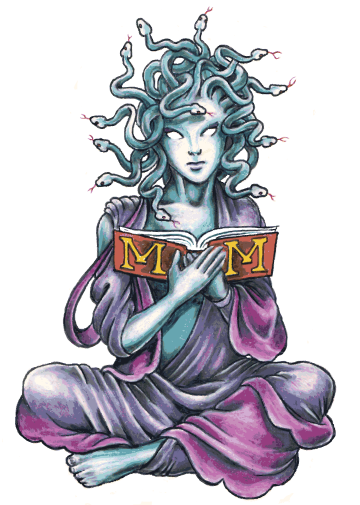Tag: publishing
-
Summer, bored kid, publishing, and no time to write
My fingers feel tight as I stretch my hands outward, forcing the muscles to loosen. There is a large spot of something sticky on my computer screen; is it a mocha splash from last Spring? I blow dust off my keyboard and sneeze. How long has it been since I’ve written anything? Every summer is…
-
It Just Got Even More Expensive To Make Your Book “Visible”

I’ve been having a lot of trouble with the Bowker website. Now I’ve found this article about the cost of ISBN’s. Is the rise in price a way to weed out indy publishers? Or just the cost of publishing books?
-
You know I’m working on my book if I’m not blogging
Or at least that’s what I’d like you to believe… I actually am working diligently on the second edition of What You Need to Know to Be a Pro; the Business Start Up Guide for Publishers, so my blogging and other writing activities have been put on hold. Creating the second edition has been a…
-
Muses hate taxes
“I’m bored,” my Muse whines. “When will you be finished?” “Taxes take time. I have to get this right,” I say. “But you’re not doing your taxes yet. You’re just totaling receipts.” “These receipts tell me how much money Medusa’s Muse has earned.” “And lost.” She slumps into a chair. I scowl at her. “Thanks…
-
Your Resources
Resources (From: What You Need to Know to Be a Pro: The Business Start-Up Guide for Publishers) Your resources are your money, personal talents, equipment, knowledge, and expertise that will help you and your business thrive. It’s important to understand what resources you need for your business. All the talent in the world won’t support your…
-
How do you want to be published?
So many of us write the book and then think if we pound on enough doors eventually one will open, allowing us to enter the world of Literary fame and fortune. We’ll join the likes of Amy Tan and David Sedaris, Sharon Olds and John Updike. Maybe we’ll even be included in the hall of…
